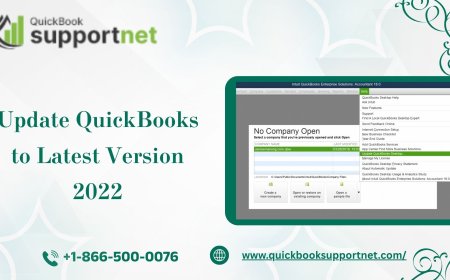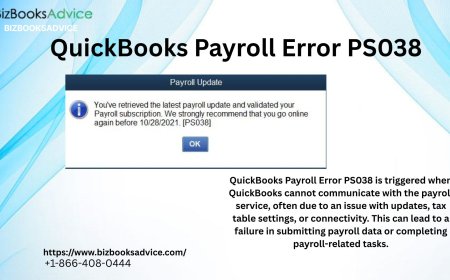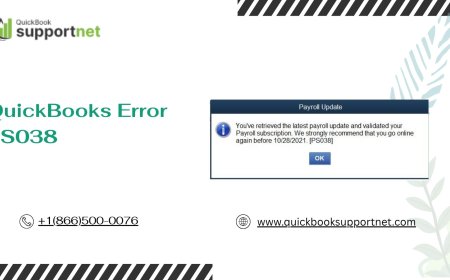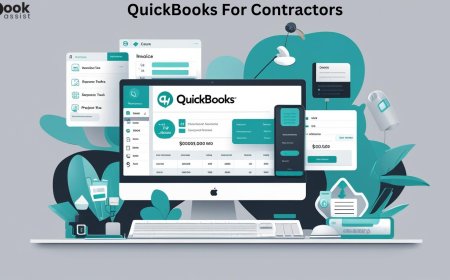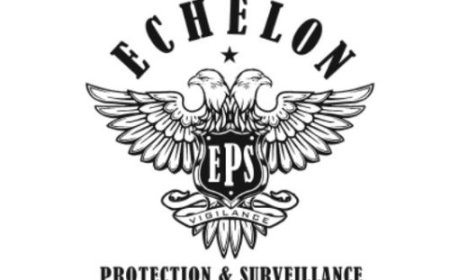Learn Arabic Language: Your Complete Guide to Mastering Arabic Confidently
Arabic is one of the world’s oldest, richest, and most influential languages, spoken by over 400 million people across 25 countries.

Arabic is one of the worlds oldest, richest, and most influential languages, spoken by over 400 million people across 25 countries. From Quranic Arabic that connects learners spiritually to Modern Standard Arabic (MSA) used in media, business, and diplomacy, learning the Arabic language can transform your career, travel, and cultural understanding.
If you have been wondering how to learn Arabic effectively, this complete guide will walk you through why Arabic is important, how to approach learning it systematically, resources you can use, and practical steps to build your fluency with confidence.
1?? Why Arabic is an Important Language to Learn
-
Global Influence: Arabic is the fifth most spoken language worldwide.
-
Career Opportunities: Many businesses and governments need Arabic speakers in translation, foreign service, journalism, and education.
-
Cultural Access: Learning Arabic allows you to explore Middle Eastern literature, poetry, and Islamic texts.
-
Travel Benefits: Arabic opens doors for seamless travel across the Middle East and North Africa, helping you connect with locals.
-
Mental Growth: Arabic enhances cognitive skills as it uses a different script and right-to-left reading, strengthening your brains flexibility.
2?? Understanding the Structure of the Arabic Language
Arabic has a unique structure:
-
Alphabet: 28 letters, written right to left.
-
Root System: Most words derive from three-letter roots, which helps in vocabulary building.
-
Dialects vs. MSA: Local dialects (Egyptian, Levantine, Gulf, etc.) are spoken daily, while Modern Standard Arabic is used in media, education, and formal settings.
Decide whether your goal is conversational Arabic for travel or mastering MSA for deeper reading and writing fluency.
3?? How to Start Learning Arabic Effectively
Here are clear, actionable steps to begin your Arabic learning journey:
? Learn the Arabic Alphabet First
-
Practice writing each letter in all positions (initial, medial, final, isolated).
-
Use flashcards for letter recognition and sound association.
-
Practice reading simple words and connect letters gradually.
? Focus on Pronunciation Early
Arabic has sounds not found in English (like ? kh, ? ayn, and ? qaf). Use YouTube pronunciation videos, apps, or native tutors to practice sounds correctly from the start.
? Start with Core Vocabulary
Learn daily-use words like greetings, numbers, colors, and common verbs. Build your vocabulary steadily with frequency lists and spaced repetition apps.
? Understand Basic Grammar
-
Learn how noun-adjective agreements work.
-
Get comfortable with verb conjugation patterns.
-
Practice constructing simple sentences for daily situations.
? Immerse Yourself
-
Watch Arabic cartoons or news channels like Al Jazeera to get used to natural listening.
-
Listen to Arabic songs with lyrics to understand rhythm and vocabulary.
-
Try speaking simple phrases in daily scenarios.
4?? Resources to Learn Arabic Language
Apps:
-
Duolingo (for a gamified experience)
-
Memrise (for vocabulary building)
-
HelloTalk or Tandem (to find native speakers for practice)
Websites:
-
Madinah Arabic (for structured lessons)
-
BBC Languages Arabic (for beginners)
-
Al Jazeera Learning Arabic (for news-based learning)
YouTube Channels:
-
Learn Arabic with Maha
-
ArabicPod101
-
Easy Arabic
Books:
-
Alif Baa for alphabet and phonetics
-
Al-Kitaab fii Taallum al-Arabiyya for structured progression
-
Arabic Stories for Language Learners for reading practice
5?? Tips to Stay Consistent While Learning Arabic
-
Set a routine: 15-30 minutes daily is better than long but infrequent sessions.
-
Practice speaking aloud: Repeat words and phrases while looking in the mirror to improve pronunciation.
-
Use Arabic in your environment: Label household items in Arabic to improve vocabulary recall.
-
Track progress: Use a journal to write new words, sentences, and your daily learning reflections.
-
Engage with the community: Join online forums or local meetups to practice your Arabic with others.
6?? Overcoming Common Challenges in Learning Arabic
Challenge: Different Script and Sounds
Solution: Dedicate 2-3 weeks solely to script and pronunciation practice using handwriting drills and audio-based repetition.
Challenge: Dialect Confusion
Solution: Start with MSA to establish a base and later add a dialect depending on your goals (Egyptian Arabic is widely understood across the Arab world).
Challenge: Verb Conjugations
Solution: Focus on mastering conjugations for the most common verbs in the present tense first before expanding to past and future.
Challenge: Limited Speaking Opportunities
Solution: Schedule regular conversations with a native speaker online and practice speaking aloud even if you are alone.
7?? Using Arabic in Real-Life Situations
The goal of learning Arabic is to use it practically:
-
Travel: Order food, ask for directions, and interact with locals.
-
Reading: Start reading simple Quranic verses or childrens stories.
-
Media: Watch Arabic movies with subtitles to match hearing with reading.
-
Writing: Start with journaling your day in Arabic using basic sentences.
Using Arabic practically will cement your vocabulary, grammar, and confidence.
Conclusion: Start Your Arabic Learning Journey Today
Learning the Arabic language opens up a world of culture, history, travel, and career opportunities. Whether your goal is to understand Islamic texts, communicate during travel, or build a professional edge, consistent daily practice will help you master Arabic confidently.
Start small, remain patient with yourself, and celebrate each milestone, from reading your first Arabic word to having your first conversation in Arabic.
If you are ready to take your skills to the next level, consider joining learn arabic classes to receive structured guidance, community support, and practical speaking opportunities that will accelerate your progress.
Arabic is a beautiful, poetic, and deeply logical language that can change your perspective on the world. Begin today, and let the journey enrich your life, one word at a time.
Call to Action
If you found this guide helpful, share it with friends interested in learning Arabic. Comment below with your reason for learning Arabic or your biggest challenge in your Arabic journey, and lets grow together!










